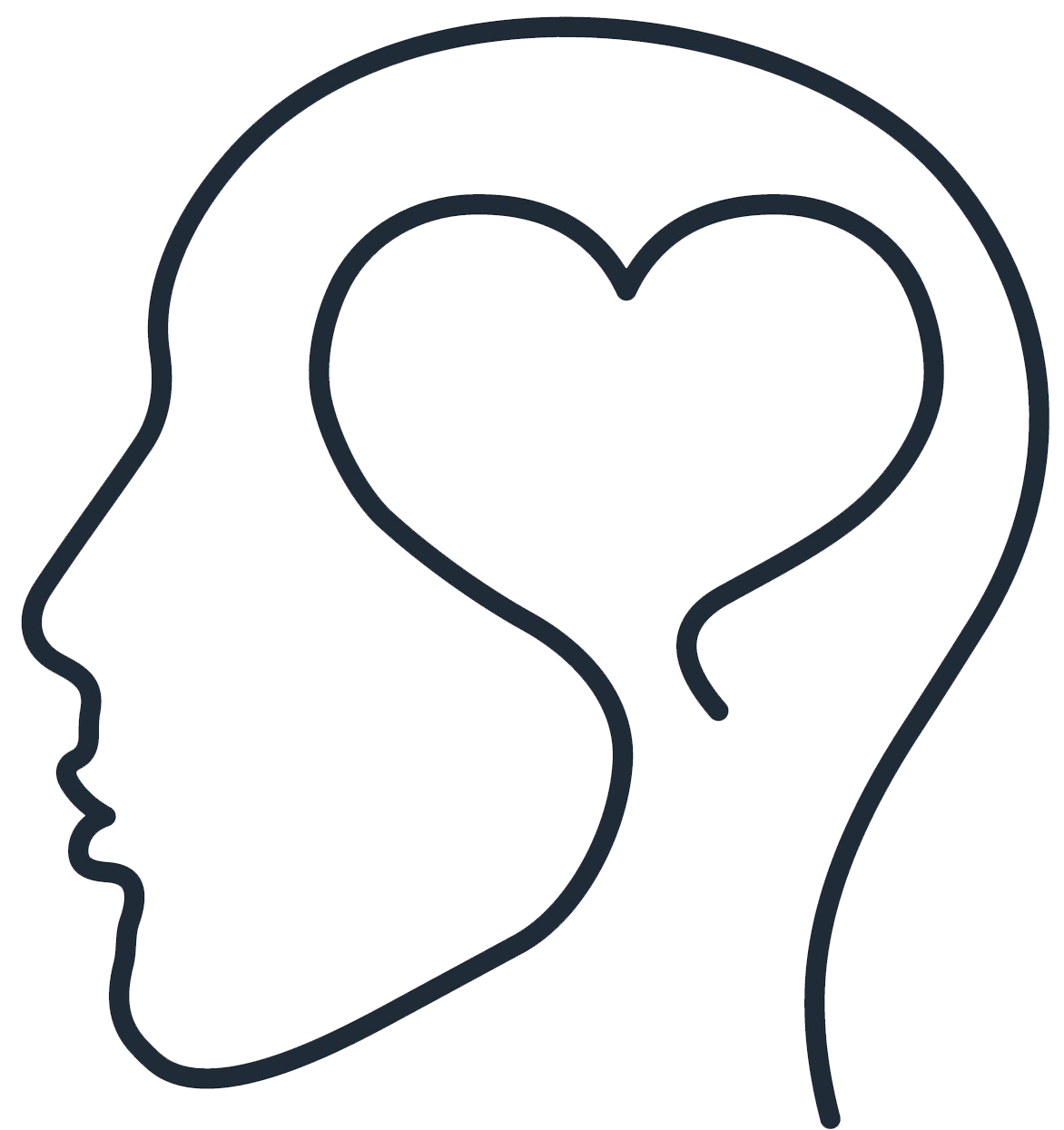- Sleep Regulation: Promotes restorative sleep that is essential for cognitive performance.
- Mood Regulation: Influences levels of neurotransmitters that affect mood, such as serotonin and dopamine.
- Metabolic Processes: Plays a role in managing energy usage and metabolism, impacting weight and overall health.
- Mood Disorders: A disrupted circadian rhythm can precipitate mood swings, leading to the acute onset of depressive or manic episodes.
- Cognitive Dysfunction: Disrupted sleep patterns associated with CRD can impair processes like attention, decision-making, and memory.
- Increased Stress Levels: Irregular sleep patterns contribute to elevated stress levels, creating a vicious cycle that impacts overall brain health.



